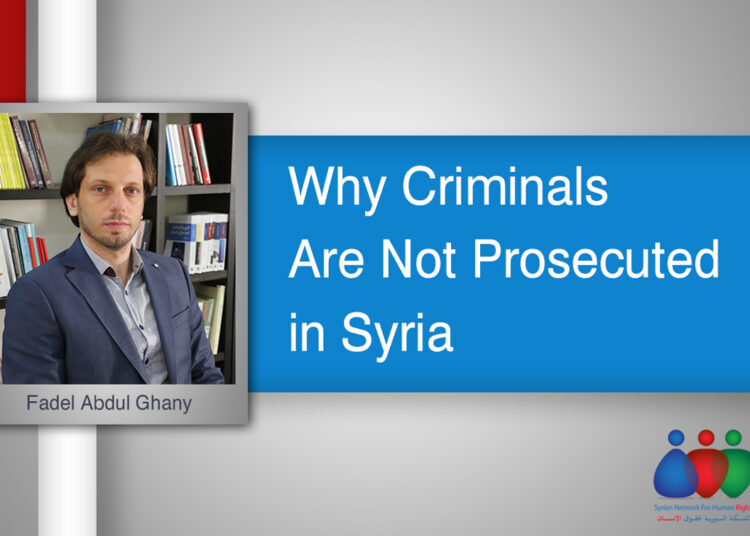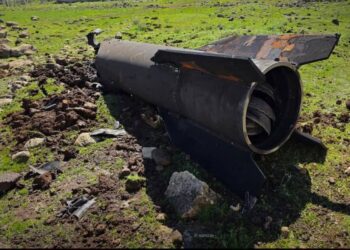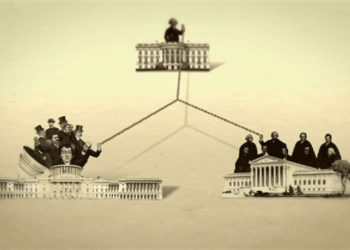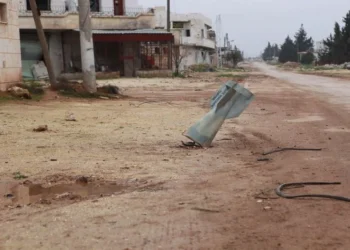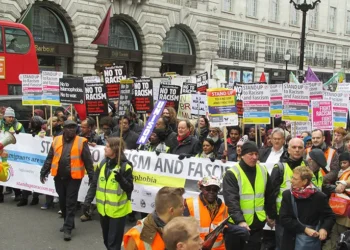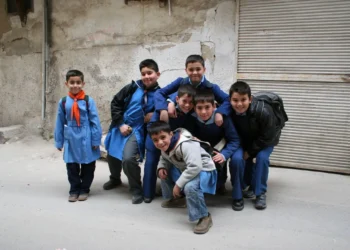In the upcoming days we will commemorate the second anniversary of one of the most ferocious and ruthless massacres in our modern era, the Ghouta Chemical Massacre. SNHR and Human Rights Watch have proved that the Syrian regime was the sole responsible for the toxic gas attack on Al Ghouta. On 21 August 2015, the Syrian regime launched an attack on eastern and western Ghouta in Damascus suburbs. On that day only, one thousand one hundred twenty seven individuals were killed, including 201 women and 107 children; quarter of the victims was women and children and not less than nine thousand five hundred individuals suffered from toxic gas poisoning. In Mo’adamiyat Al Sham in western Ghouta, 64 individuals were killed including 4 women and 10 children. SNHR documented the victims’ names, pictures, and other details.
Now, In the light of this anniversary, we constantly ask ourselves: “Why criminals are not prosecuted in Syria?”
From the legal perspective, two crimes were committed. Firstly, this massacre amounts to a crime against humanity. The Syrian regime has been committing widespread and indiscriminate crimes against the Syrian people since 2011, according to Rome Statute.
This article was published on Aljazeera.net
